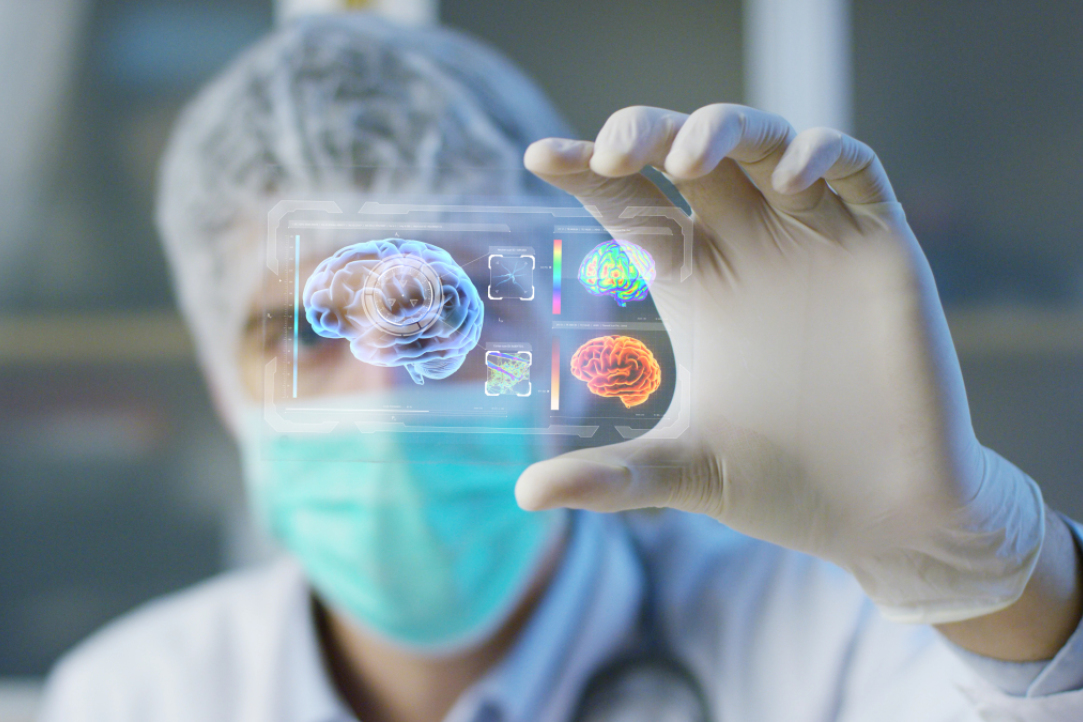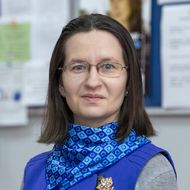System to Automatically Identify Causes of Cryptogenic Stroke Under Development at HSE University-Perm

As a result of the 2023 Teacher-Student Team Research Project competition, the project ‘The Development of Automated Approaches to Identify the Aetiology of Cryptogenic Stroke with the Aim of Preventing Secondary Acute Cerebrovascular Accident’ has been created with funding from the HSE Academic Fund Programme. The project is led by Sofya Kulikova, Senior Research Fellow of the Laboratory of Interdisciplinary Empirical Studies (LINES).
The new ‘Digital Methods in Neurology’ research and study group has been created at the Perm campus to implement the project. The group’s activities will include the development of a system for automatically determining the causes of cryptogenic stroke based on an analysis of the MRI characteristics of the stroke area using modern deep-analysis methods. The project originated and will continue to develop in collaboration with colleagues from the neurology department at State Clinical Hospital No. 4 in Perm. The project is scheduled to operate for one year, with the possibility of a one-year extension.
The project team comprises Sofya Kulikova, Senior Research Fellow at LINES; Kirill Sobyanin, Junior Researcher at LINES; four students of the Faculty of Computer Science, Economics, and Social Sciences, and one master’s student at HSE University-Perm.
The research and study group on Digital Methods in Neurology will hold its first seminar on January 20 in a hybrid format. Kirill Sobyanin will present the concept of the system being developed by the group. Those wishing to attend must register in advance (page in Russian).

Sofya Kulikova, Senior Research Fellow at the Laboratory of Interdisciplinary Empirical Studies
It is well known that stroke is one of the leading causes of death and disability worldwide. Repeated strokes that occur due to a lack of preventative measures after a first stroke are characterised by higher levels of mortality and disability. Effective prevention of repeat strokes must be grounded in the principles of personalised medicine and consider the cause of the initial stroke for each patient individually. But in approximately one third of patients, stroke is cryptogenic (unidentified), and it is not possible to establish its nature using standard clinical approaches. We hope that in the future, this project will become one of the fields of activity of the new Centre for Cognitive Neurosciences at HSE University-Perm.
If any students are interested in our project, we would be happy to see you at our seminars—or even as a new member of the research and study group!
See also:
'A Neurological Patient's Mental State Can Seriously Affect Their Quality of Life'
World Brain Day is observed on July 22 every year. The HSE News Service asked researchers of the HSE Centre for Cognition and Decision Making about the impact of neurological conditions on mental health, using cervical dystonia (CD) as an example. Ainur Ragimova, Research Fellow of the Centre, discusses current studies into cervical dystonia at HSE University and worldwide and explains how patients' quality of life can be improved by proper treatment.


